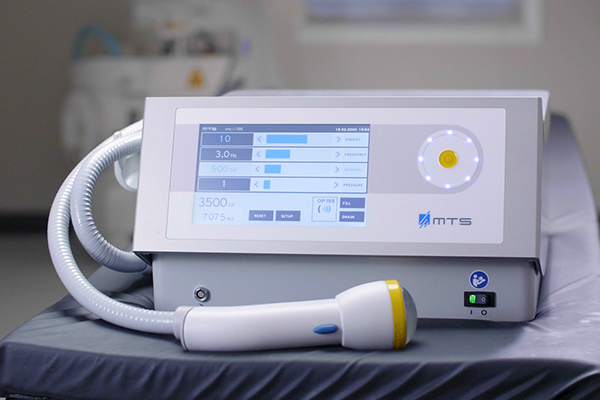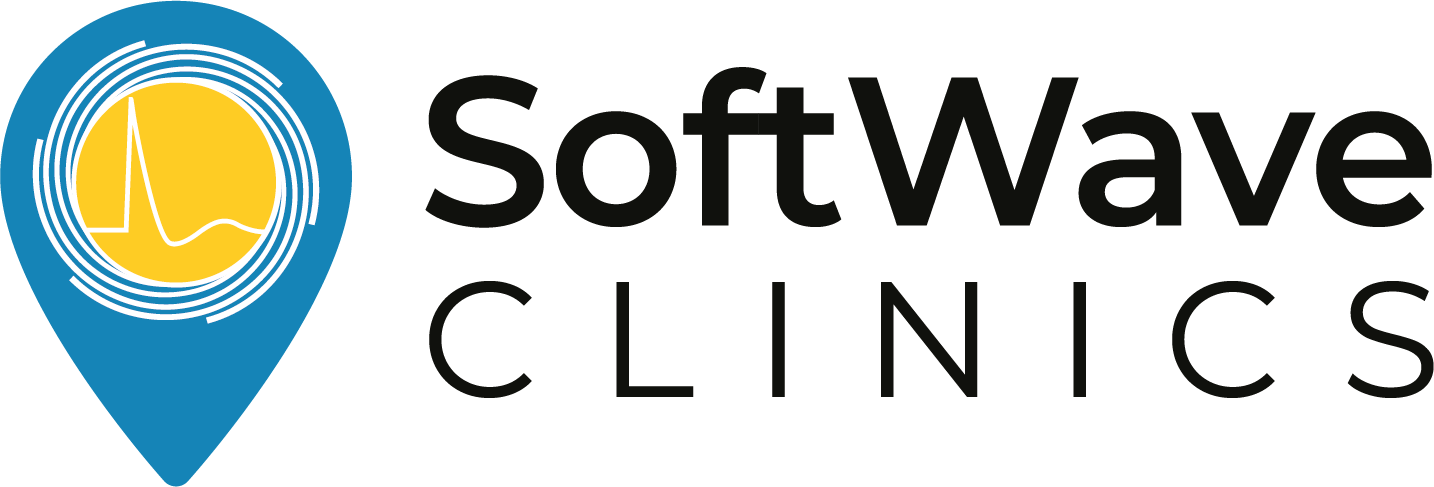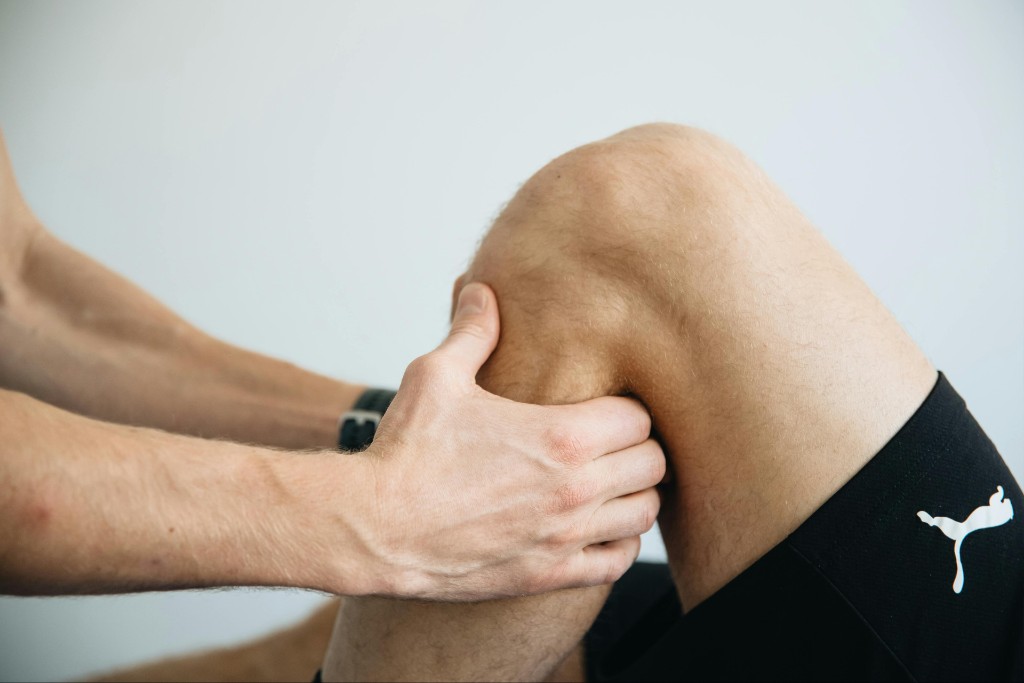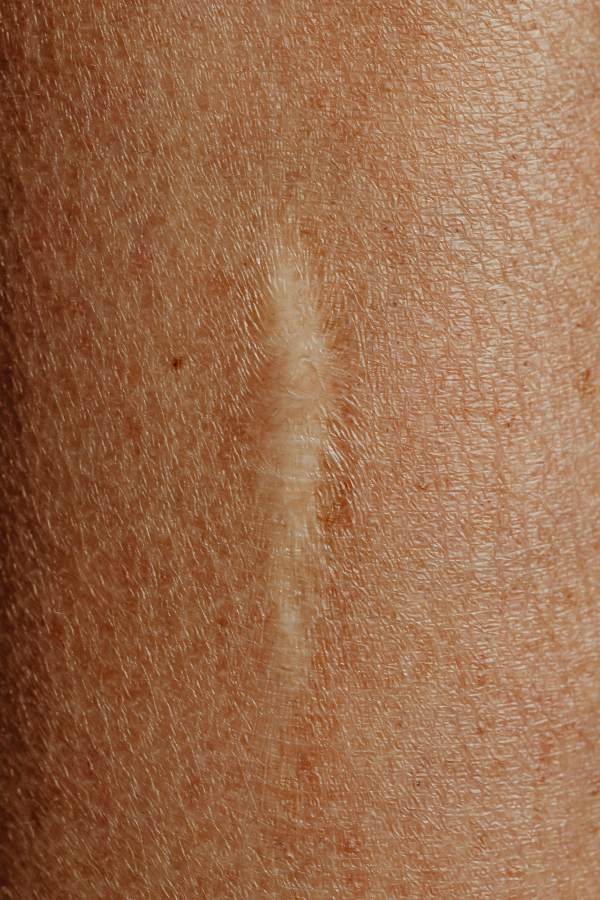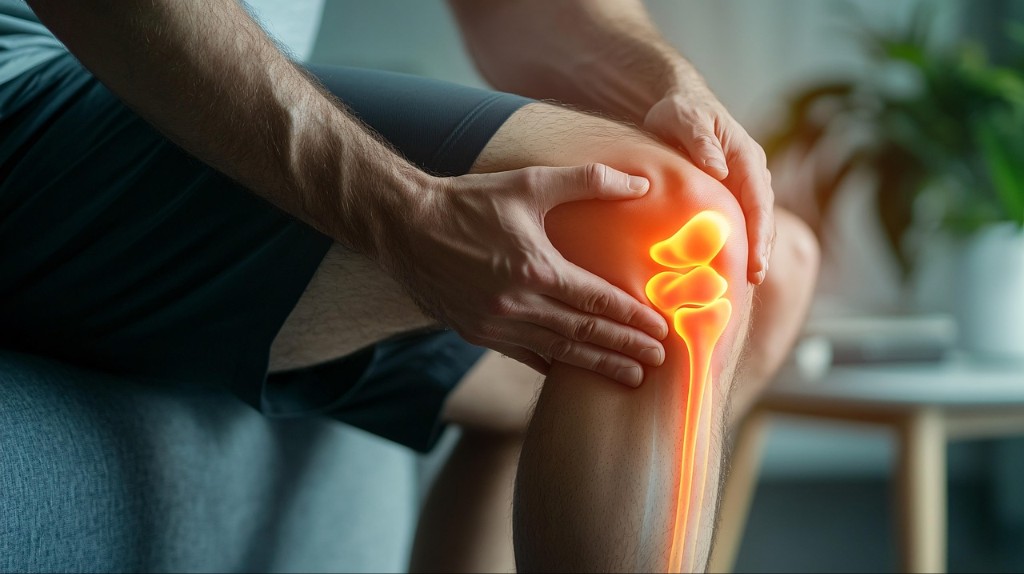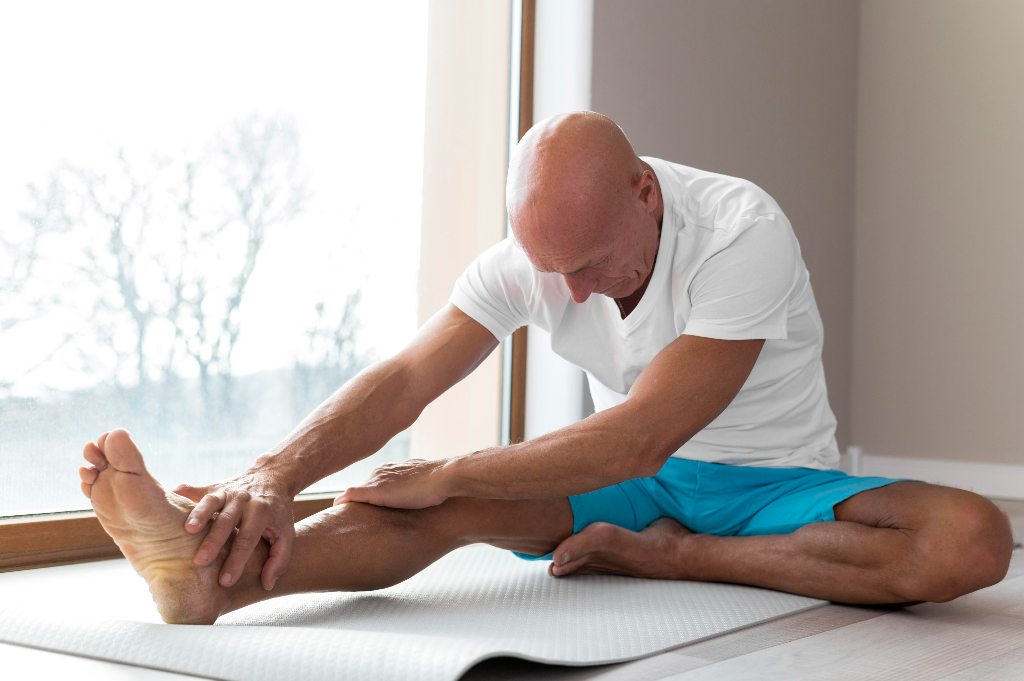Chronic knee pain can wear you down. When standard treatments don’t work, surgery is often the next recommendation. But many patients hesitate, and for good reason. Surgery carries risks, costs, and long recovery times.
There are other options. Non-invasive treatments are helping people manage pain and regain movement without going under the knife. These methods don’t rely on medication or injections. Instead, they work by supporting the body’s natural healing process.
Here’s what to know about alternatives to knee surgery and how they may fit into your path forward.
5 Non‑Invasive Alternatives to Knee Surgery
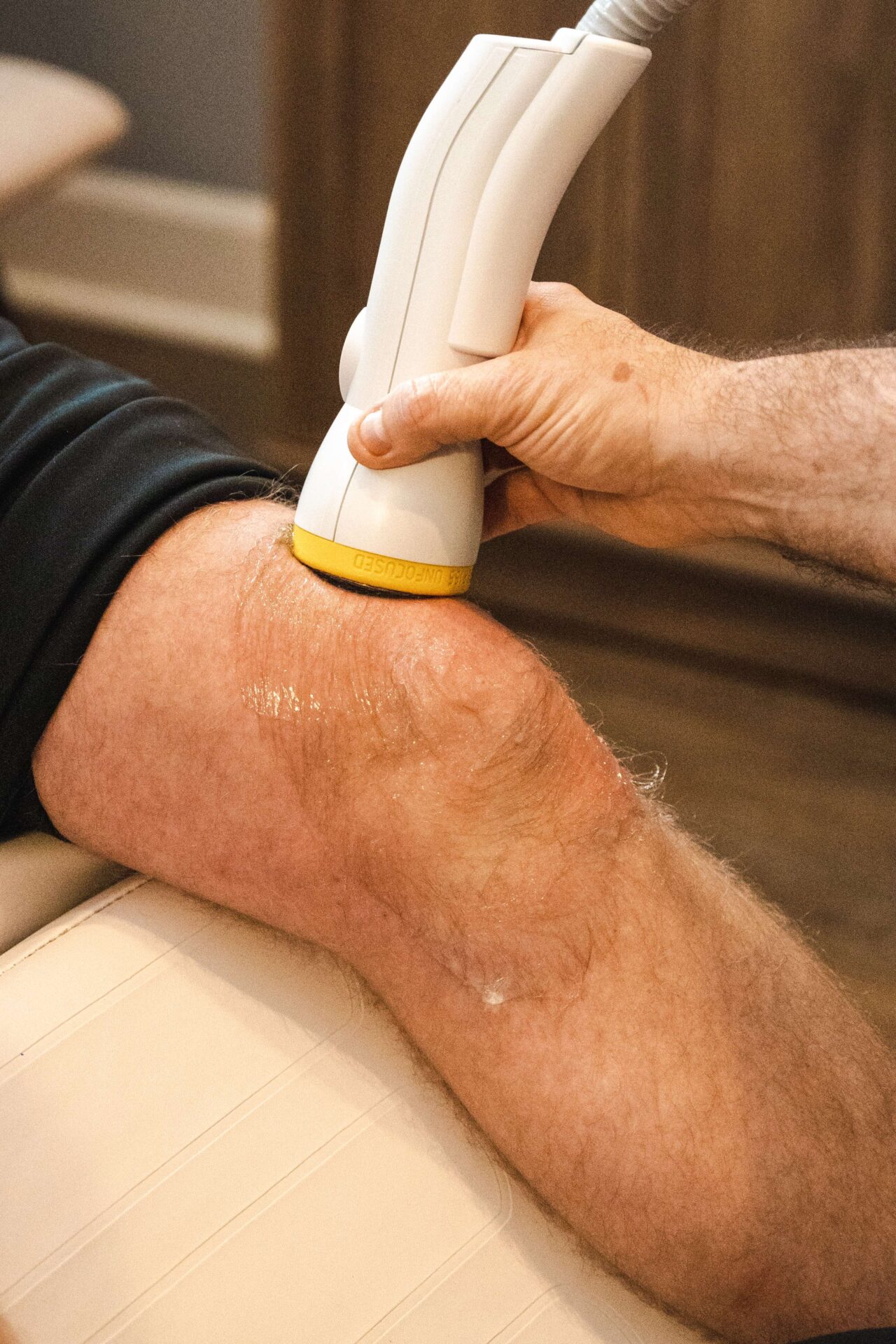
Exploring less invasive paths can bring relief sooner and help preserve your body’s structure. These choices offer ways to tackle pain and inflammation first, allowing healing to begin and restore function without the lengthy recovery or significant side effects that involve surgery or other invasive treatments.
1. SoftWave Therapy
SoftWave Therapy is a non-invasive treatment that delivers broad-focused shockwaves deep into the knee joint and surrounding tissue. These shockwaves stimulate the body’s natural healing response by increasing blood flow, activating connective tissue, and reducing inflammation at the cellular level.
Because it covers a wider and deeper treatment area than traditional shockwave devices, SoftWave is especially effective for treating the complex structure of the knee. Each session lasts just 10 to 15 minutes, with no drugs, no injections, and no downtime.
For patients with knee pain from injury, overuse, or degeneration, SoftWave offers a proven path to pain relief and better mobility without the risks or recovery time of surgery.
Learn more about SoftWave Therapy for Knee Pain.
2. Physical Therapy
Working with a physical therapist involves targeted strengthening, movement training, and stretching exercises designed to stabilize the knee and protect it from further damage. Therapists tailor programs to improve flexibility and support muscles, allowing the joints to absorb shock more effectively. Over time, this can help decrease pain, enhance mobility, and reduce the need for surgical intervention. Combining carefully guided movements with consistent practice helps regain control over their knee health.
3. Medications
Pain relievers and anti-inflammatory medications, such as acetaminophen or NSAIDs (like ibuprofen), are frequently used to alleviate knee swelling and discomfort. These medications can offer short-term relief, especially during flare-ups or after activity. They’re easy to access and can help make other treatments more comfortable. However, they do not fix underlying issues and should be used thoughtfully and for limited durations under medical guidance.
4. Injections
Injecting substances directly into the knee can target deeper issues. Corticosteroids offer relief from inflammation, hyaluronic acid can lubricate joint surfaces, and platelet-rich plasma (PRP) brings growth factors to support tissue regeneration. Injection therapies may provide several weeks to months of relief and can delay surgery. They are more invasive than pills or physical therapy, but still far less so than going under the knife.
5. Bracing
A well-fitted knee brace offers added support by gently compressing the joint and shifting pressure away from painful areas. This can reduce swelling, improve alignment, and make daily movement like walking or standing more manageable. Braces are low-risk, affordable, and easy to incorporate into your routine. When paired with other treatments, they can help lower pain levels and protect the knee during recovery.
Seeing the range of options available makes one thing clear: effective knee pain relief often starts with less invasive solutions. Among them, SoftWave Therapy has become a trusted choice for patients who want to support healing without the risks of surgery or repeated injections.
SoftWave works by stimulating the body’s repair process through targeted shockwaves, encouraging improved blood flow, reduced inflammation, and tissue regeneration. Many people who once felt stuck or discouraged have found meaningful relief in just a few sessions.
You don’t have to settle for pain or feel overwhelmed by your next step. With the right treatment, real progress is possible. SoftWave may be that step.
The Best Shockwave Therapy for Knee Pain
Are you looking for safe, reliable, and effective relief from knee pain?
SoftWave therapy is FDA-cleared, patented, and nationally recognized for its leading tissue regeneration technology. Unlike other types of high-energy shockwave treatments, SoftWave is the only shockwave therapy on the market that uses true broad-focused shock waves that treat larger and deeper areas of tissue.
Thousands of patients have experienced the benefits of SoftWave for knee pain, including:
- Little to no side effects
- Short treatment time
- Quick recovery
- Long-lasting results
Find a SoftWave Therapy provider near you or learn more about SoftWave and whether or not you’re eligible for full treatment today!
New Patient Special
Try SoftWave for just $69 at a clinic near you and learn if you’re a candidate for full treatment
